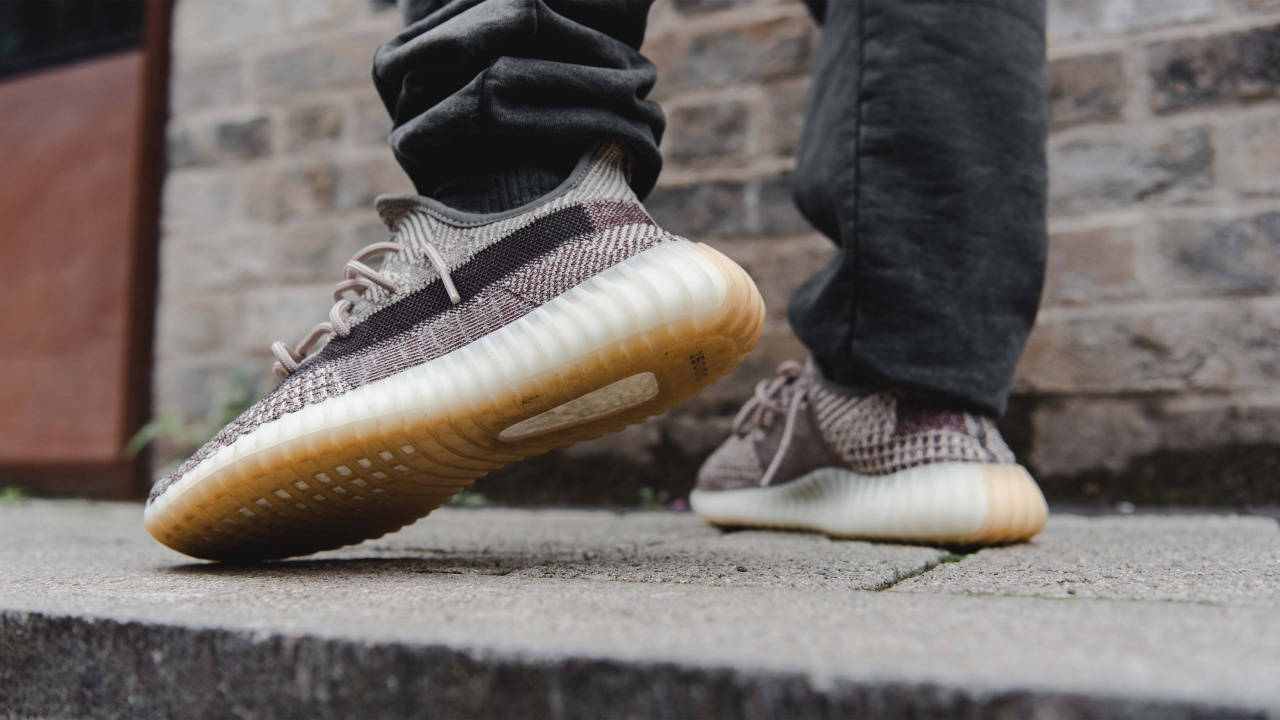Understanding Yeezy Shoe Sizing
The Yeezy sneaker line, created by Kanye West in collaboration with Adidas, has gained a massive following since its inception. However, one common question that arises among potential buyers is, “Do Yeezy shoes run small?” Understanding the sizing of Yeezy shoes is crucial for making a well-informed purchase, especially since these sneakers can be quite an investment.
In this article, we’ll delve into the factors affecting Yeezy sizing, share real-world footwear experiences, and provide you with the best tips for finding your ideal fit. Along the way, we’ll explore customer reviews, comparisons, and answers to frequently asked questions about Yeezy shoes. Let’s lace up and dive in!
Are Yeezy Shoes True to Size?
When it comes to Yeezy shoes, the consensus among many sneaker enthusiasts is that they tend to run slightly small. This means that if you typically wear a size 10 in other sneaker brands, you might find that a size 10 Yeezy feels a bit snug. The narrow toe box and the unique construction of Yeezy shoes contribute to this perception.
Real-World Experiences
Let’s take a look at some real-world experiences shared by Yeezy wearers. For instance, a popular review on Reddit highlights a user who usually wears a size 11 in Nike but opted for size 11.5 in Yeezy Boost 350s to ensure comfort. Another review from a sneaker blog indicates that many users find success when they size up half a size for the Yeezy 500 model.
Yeezy Shoe Models and Their Fit
| Model | Typical Size | Recommendation |
|---|---|---|
| Yeezy Boost 350 | True to Size | Size up 0.5 for a better fit |
| Yeezy 500 | Runs Small | Size up 0.5-1 size |
| Yeezy 700 | Narrow Fit | Size up 0.5 |
Understanding the Differences
Each Yeezy model has unique characteristics that affect fit. For example, the Yeezy Boost 350 is designed to contour to the foot, while the Yeezy 700 has a bulkier silhouette that may feel tighter. Choosing the right size can significantly enhance your wearing experience.
Tips for Finding Your Yeezy Size
1. Measure Your Feet
Before purchasing Yeezy shoes, it’s essential to measure your feet accurately. Use a ruler to measure the length and width of your feet in centimeters and compare it with the Yeezy size chart provided by Adidas.
2. Consider Sock Thickness
The type of socks you plan to wear with your Yeezys can also impact sizing. If you prefer thicker socks, consider sizing up to ensure comfort.
3. Read Customer Reviews
Customer feedback can provide invaluable insights into how a particular model fits. Try to check reviews specifically related to sizing issues.
Case Studies: Customer Experiences
Case Study 1: The Athletic Sneakerhead
A user who regularly participates in sports and owns multiple pairs of sneakers found that the Yeezy 700 model required a full size up for optimal performance during workouts. This user noted discomfort when sticking to their normal size, leading to blisters.
Case Study 2: The Fashion-Forward Individual
Another sneaker enthusiast, focused on style rather than athletic use, shared that they found the Yeezy Boost 350’s snug fit to be aesthetically appealing, opting to keep their true size. However, they recommended sizing up for anyone who values comfort.

Pros and Cons of Yeezy Sizing
Pros of Yeezy Shoes
- Unique and trendy design that stands out in the footwear market.
- High-quality materials provide durability and comfort.
- The cushioning technology offers excellent support.
Cons of Yeezy Shoes
- Tendency to run small for many users, leading to sizing inconsistencies.
- Higher price point compared to other sneaker brands.
- Limited availability can make finding the right size challenging.
Frequently Asked Questions (FAQs)
1. Do Yeezy shoes stretch over time?
Yes, some Yeezy models may stretch slightly with wear, but the initial fit is crucial. It’s recommended to find the right size rather than relying on stretching.
2. Is it better to size up or stay true to size?
Generally, customers find that sizing up half a size provides a more comfortable fit for most Yeezy models.
3. How can I tell if I’m buying authentic Yeezys?
Check for official labels, verify the SKU number, and buy from reputable retailers to ensure authenticity.
4. Are there any differences in sizing between Yeezy models?
Yes, sizing can vary significantly between models, with some running smaller or narrower than others.
5. What should I do if my Yeezys feel too tight?
If your Yeezys feel too tight, consider wearing thinner socks or trying to stretch them appropriately. If that doesn’t work, you may need to exchange them for a larger size.
6. Do Yeezy shoes come in wide sizes?
Most Yeezy models do not offer wide sizes, which can be a challenge for individuals with wider feet.
7. Can I return Yeezy shoes if they don’t fit?
Most retailers have return policies; however, it’s worth checking specific rules regarding returns on Yeezy purchases.
8. What’s the best way to clean Yeezy shoes?
Use a soft brush and mild soap for cleaning, avoiding harsh chemicals that could damage the materials.
9. Are Yeezy shoes worth the investment?
Many enthusiasts believe Yeezy shoes are worth the investment due to their unique design and comfort, though it ultimately depends on individual preferences.
10. How do I find limited edition Yeezy releases?
Follow Adidas and Yeezy on social media, join sneaker release groups, and check websites like Nice Kicks for upcoming drops.

Final Thoughts on Yeezy Shoe Sizing
In conclusion, whether Yeezy shoes run small can depend on individual foot shape and personal preferences. It’s important to do your research, consider your typical size in other brands, and take note of the unique characteristics of each Yeezy model. By following our tips and recommendations, you can find the perfect fit and step out in style with confidence!